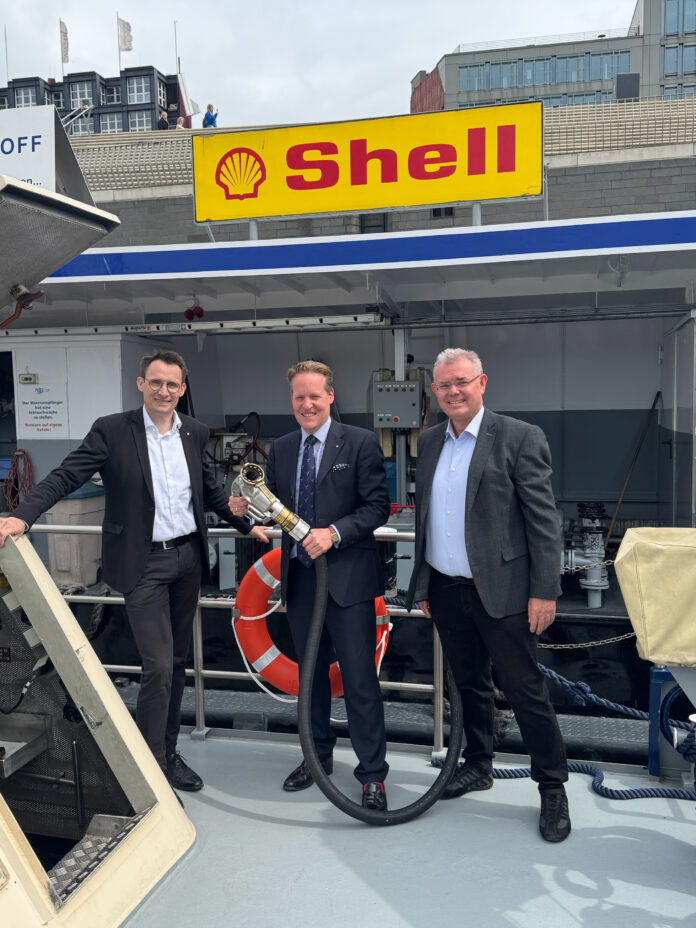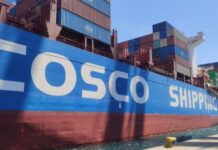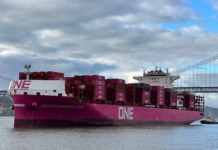
Hamburg Fleet reinforces its role as an innovation driver in low-emission shipping through a consistent and forward-looking environmental strategy.
At the heart of this approach is the electrification of the city’s fleet of vessels.
However, recognizing that not all vessels can be electrified with current technology, Hamburg Fleet is now trialling alternative low-emission fuels to further its zero-emissions objective.
In collaboration with long-standing fuel supplier Friedrich G. Frommann GmbH & Co. KG and SHELL, the organization has begun testing HVO 100 on three of its vessels. This advanced biofuel, produced from food waste and free of palm oil, complies with the EU’s RED II sustainability directive.
According to emissions data, HVO 100 can reduce greenhouse gas emissions by at least 80% compared to conventional marine fuels.
If the pilot phase proves successful, the fuel could be adopted across the entire Hamburg Fleet.
This initiative builds on Hamburg Fleet’s earlier adoption of GTL synthetic fuel, further strengthening its position as a pioneer in the decarbonization of inland waterways.
Among the vessels participating in the HVO 100 trial are the Hafenkapitän, which will become the first non-electric vessel in the fleet to operate in a nearly CO₂-neutral manner; the Deepenschriewer III, a survey and sounding vessel; and the Neßsand, used for transport and inspection.
Karsten Schönewald, Managing Director of Hamburg Fleet, stated that for inland waterway vessels, HVO 100 currently offers the most practical interim solution.
With this multifaceted approach, Hamburg Fleet continues to demonstrate its leadership in sustainable urban and port mobility, setting a model for other cities pursuing carbon neutrality in maritime transport.





